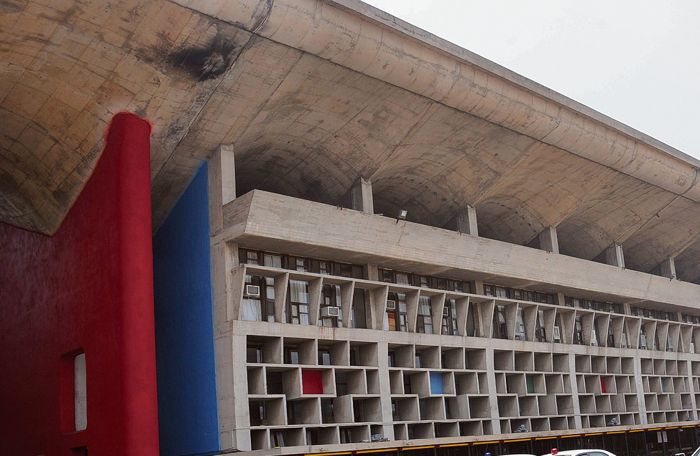Delay in hearing appeal ground for bail, says High Court
The Punjab and Haryana High Court has made it clear that prolonged pendency of an appeal against conviction is a critical factor for granting bail under Section 389 of the Criminal Procedure Code (CrPC).
Citing the right to a speedy trial guaranteed under Article 21, the court held that the delay in hearing appeals justified bail even if the convict had not served the three-year imprisonment period, as outlined in earlier rulings.
Section 389 of the CrPC (equivalent to Section 430 of the BNSS) deals with the suspension of a sentence pending appeal and the release of an appellant on bail. The matter was placed before the Division Bench of Justice Sureshwar Thakur and Justice Sudeepti Sharma after a convict/appellant sought relief under Section 389 of the CrPC.
He prayed for the suspension of his substantive sentence of imprisonment while his appeal was pending. A Single Judge granted interim relief by temporarily suspending the execution of the sentence against the appellant in September 2016.
But the order underscored the necessity for clarity on the issue as a Deputy Advocate-General cited the precedent established in Daler Singh’s case that said bail should not be granted to repeat offenders or foreign nationals convicted of trafficking substantial quantities of contraband. However, the applicant’s counsel referenced a contrasting ruling in case of Jasdev Singh, alia Jassa, where similar relief was granted to a recidivist convict.
The Single Judge expressed disagreement with the applicability of decision in another case to the appellant’s situation, stating that prior cases had not directly addressed the issue of repeat convictions. Consequently, the matter was referred to a larger Bench for further examination regarding the implications of repeat convictions on the suspension of sentences.
The Division Bench asserted prolonged delays in trial or appeal could warrant consideration for bail or suspension of sentence. “The emanation of material displaying that a convict’s appeal is unlikely to be heard in the shortest possible time becomes the governing principle,” the court observed.
The Bench asserted that the right to speedy trial was fundamental under Article 21. Prolonged delay in the adjudication of appeals infringed upon this right, meaning that the benefit of bail should not be withheld merely because the convict had not completed the stipulated period of incarceration.
Referring to earlier judicial precedents, the Bench noted that previous rulings had set the benchmark of three-year incarceration. But this could not be seen as an absolute rule. The Bench concluded: “The prolonged incarceration of the convict, post his conviction, especially when the relevant appeal is unlikely to be heard within the shortest possible time, becomes a relevant governing principle.”
The observation
The court held that the delay in hearing appeals justified bail even if the convict had not served the three-year imprisonment period, as outlined in earlier rulings.









